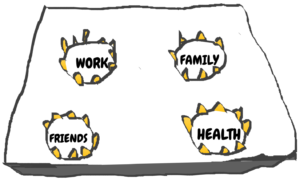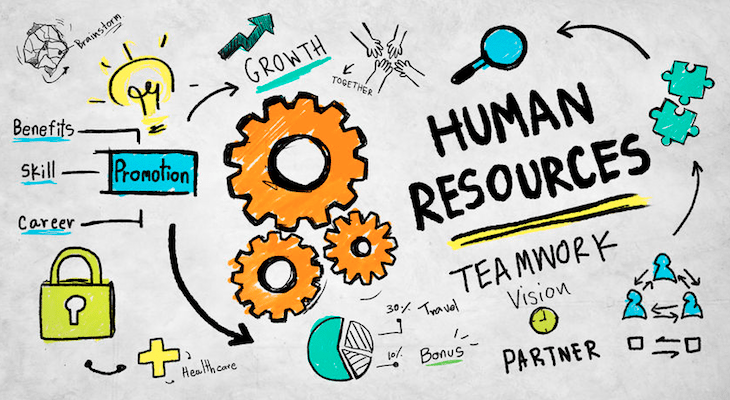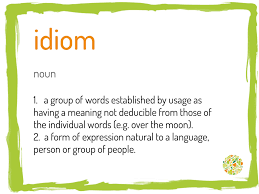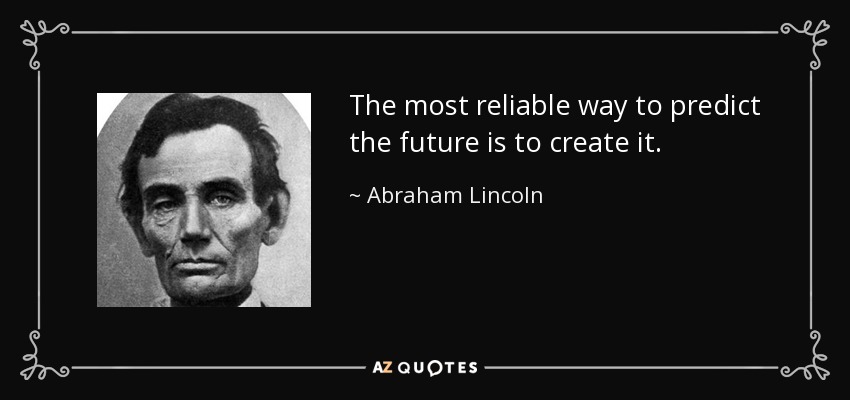Where are the Role Models?
A Swiss hotelier, Chef Tim Madl
At work sought a good role model
He looked far and wide
Much in vain he tried
Then fumed off to the Alps to yodel!
Mentor, exemplar, paragon, shining example, star, hero, superstar, epitome, idol, motivator – these are a few words one may find in Thesaurus to synonymize someone worth imitating.
In a freewheeling conversation a few weeks ago, with an industry paragon, the former president of the Leela Palaces, Hotels & Resorts, Mr. Rajiv Kaul talked to me of hospitality industry professionals nowadays in search of good mentors. He likened it to Don Quixote attacking the windmills, mistaking them for giants. Mr. Kaul gently remonstrated, “where are the genuine role models, those industry stalwarts, gone?” He shared his angst at the fact that both domestically as well as internationally, he receives this feedback from associates working in the best of brands, constantly in the hunt for a genuine role model.
This set me pondering… are we barking up the wrong tree and being quixotic when we look far and wide, like Chef Tim Madl (in my limerick above), for a good role model?
Don Quixote, the paragon of chivalry, in the book by the same name, written by Miguel de Cervantes in 1605 & 1615, battles the windmills as he believes them to be ferocious giants. He thinks that after defeating all of them, he will be able to collect the spoils and the glory as a knight. However, when he charges the ‘Giants,’ his lance gets caught in a sail, and he is knocked off his horse.
Many of us hoteliers battle our hospitality demons quixotically, hoping for mentoring and motivation, and leaders to coach us. Along the way, we are knocked off our steeds in this quixotic search. For, the truth is that Hook, Line, and Sinker Role Models (viz. perfect role models) are as hard to find as an ‘ignis fatuus,’ a ‘will-o’-the-wisp,’ or a ‘chimera.’
Is an ideal role model the real McCoy, in the hoteliering realm today?
I have never personally had an ‘ideal’ role model in my 23 years of active hospitality career, and most of us are probably in similar boats. Along the way, I realised I would have to create my role models from leaders around me… a ‘pick and choose’ if you please. Our industry is largely labour-intensive and there is no dearth of leaders to select ‘best practices’ from.
What stops us from identifying the good qualities of our leaders, and then emulating them into our hospitality DNA?
I had European bosses at one point in my career, and I noted them always bending and picking up paper trash while walking around the property… a sight to behold, as both towered over six feet tall. This discipline was wanting in my DNA, and in that of the 650 employees of our resort. Watching this humbling leadership trait, I followed suit, and soon, I noticed many people in my department doing so too! This has become a part of me now, and I do this wherever I go.
Antithetical to simply observing ‘best practices,’ I also advocate identifying ‘worst practices’ by looking to leaders with questionable praxis, to self-learn and pledge to yourself that you will never do what they do, even as you grow up the corporate ladder.
Here are personal examples of the benefit of identifying and utilising ‘worst practices.’
A General Manager I worked under, shunned meeting guests, perennially saying that he was busy. Another General Manager once told me that I could never hope to grow beyond the Head of Department level, as there would always be an expat in that position. These ‘worst practices’ of guest orientation and employee centricity spurred me to excellence, and I always made it a point to meet and make myself available to all my guests; and also, constantly exhort, coach, and motivate all subordinates in my organisation to grow.
Arguably, modelling yourself on your leader’s ‘best practices’ can be easier than modelling oneself by identifying and avoiding ‘worst practices.’
Why? Because at times you may have to go against the flow to avoid doing ‘worst practices,’ more so if your superior endorses these poor practices. Also, avoiding these bad practices is hard work, as opposed to following the right ones.
To illustrate my point, here is an example.
Sajid, an Executive Housekeeper worked at a luxury hotel in Chennai and saw his General Manager always avoiding meeting guests. He noticed that most of the HODs followed suit, and the complaining guest was often left to ‘dry on a hanger.’ He decided to go against the flow after watching this ‘worst practice,’ and made it a point to meet with all guests who wished to share their feedback. This was harder work than if he would follow his General Manager’s example. If conversely, his GM followed the ‘best practice’ of meeting with his guests, the HODs would do the same too, and Sajid would not have had to run from pillar to post, placating guests complaining about the hotel.
‘Hoteliering is a passion,’ opines Rajiv Kaul, and I concur to this with knobs on!
‘A manager who is not inspired, I guarantee you the fish stinks at the head,’ says Anthony Lark, who, at one time was the General Manager for Adrian Zecha’s first Aman resort, Amanpuri, in Phuket, Thailand, and who went on to open 3 Aman hotels thereafter. Strong words, perhaps, but the takeaway is that passion is one of the most important things to look for in a Role Model.
A role model Doyen must possess these Dozen ‘conditio sine qua non.’
- PASSION – This is underlying, and a must for all successful leaders.
- ONE WHO LEADS FROM THE FRONT – Leaders who follow the rules themselves, and who will never ask their subordinates to do something at work that they will not do themselves.
- CHANGE LEADER – Champions change, and is ever ready to innovate, especially in times of VUCA (volatility, uncertainty, complexity, ambiguity).
- RESPECT – Commands and gives respect.
- E.S.G. CHAMPION – Cares genuinely and acts positively for the Environment, Social, and Governance guidelines.
- DISCIPLINE – Self-care, self-discipline, respect of time (self & others), mastery of thoughts, focus, ability to resist impulses, and one who sees projects through to completion.
- COMMITTED – Focused Leaders honour their word, and always do what is promised. If unable to do so, they set re-aligned commitments as close as possible to the original commitment.
- ETHICS, HONESTY, FAIRNESS – Strong moral fibre, truthful, straightforward and honest, being mindful of the impact on others, not doing anything one wouldn’t like done to oneself, etc
- OWNERSHIP & ACCEPTANCE OF RESPONSIBILITY – Accepts one’s own, or team’s mistakes… Do not try to cover up mistakes or brush them under a carpet.
- EMPATHY – Tries to understand another’s point of view, and hears all sides; re-routes wherever feasible, to enhance productivity. More importantly, is caring and gives a hearing ear to others and their challenges.
- MOTIVATOR – Enthuses teams, appreciates their work, exhorts them with a vision to grow, and helps employees improve or sustain their performance.
- TRUSTWORTHY – Builds trust through deeds and actions, rather than through words. A ‘Rock of Gibraltar’ to people who rely on them.
‘Tis a Tall task worthy of a Tall Leader to have All these Tall Tenets!
Should you ever find such a leader, make the most of your time with them, as the odds are heavily stacked against you finding another such, in your career.
When you do not find the Ideal Role Model in your job, go ahead and use the ‘pick and choose’ option for emulating their ‘best practices,’ along with circumventing and learning from their ‘worst practices,’ to achieve excellence.
For those of you who have read my earlier blog in ET Hospitality World titled What would you like your WORK Tombstone to say?, you will note that the above ‘Dozen to be a Doyen’ leadership traits are what many of us would also want our people to remember us by.
And, as we look for all of these qualities in our Role-Models, remember that we also need to pay this forward, and one day become role models for others too.
This article has appeared in ET HOSPITALITY WORLD.COM June 2022
















